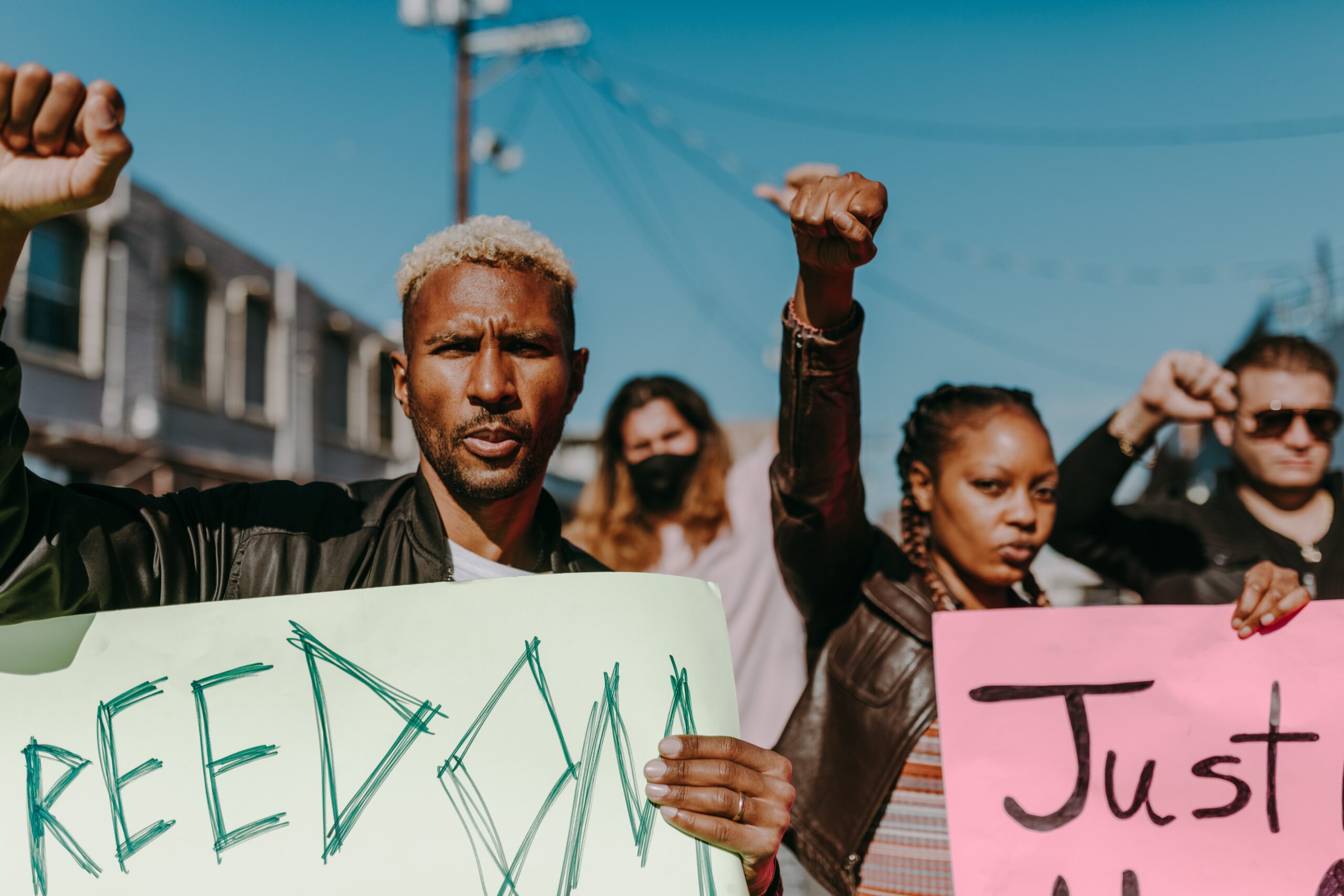How to Support Social Justice Without Hurting Your Mental Health

By LaKeisha Fleming
It’s traumatic to hear news about—or watch a video of—a person who looks like you being beaten or even killed, especially at the hands of law enforcement. Those brutal images can significantly impact your physical, mental, and emotional health. Watching them continually can make you feel angry, hurt, vulnerable, disgusted, and shocked. You may decide that it’s better not to watch, for the sake of your mental health.
That choice may make you feel guilty, as if you’re turning away from what is happening to your community. But the decision not to watch doesn’t mean you’re any less supportive of the fight against racial violence. You can protect your emotional well-being and still lend your voice to causes that matter to you. Here’s how.
Take Action
Peaceful protests call attention to racial brutality, and they can connect you with other people who share your outlook and give you a chance to be a part of something greater than yourself. By protesting together, you are unifying with other people who are motivated by the same cause of justice. Your presence can serve to support, encourage, and even heal one another.
You can take part in a protest or organize one. Organizations such as Black Lives Matter, NAACP, Amnesty International, and Black Voters Matter all offer information on making your voice heard in a peaceful and effective way.
Be Honest About Your Struggles
If you’re having a hard time watching video content and feeling like you’re not being supportive, chances are someone else is too. Talk to your friends and those closest to you about what you’re dealing with. Sharing your feelings not only helps you process them, but it can also offer healing to other members of your community who are struggling.
Know It’s OK to Focus on Taking Care of Yourself
You may feel like you have to react a certain way to stand up for social justice, but you may not have the emotional bandwidth to take action. You may literally be in survival mode, coping with your feelings surrounding what you’ve seen, or you may be busy with other parts of your life that you need to focus on right now. You have your whole lifetime to decide how you want to support social justice movements, and you will be way more effective if you give yourself the time you need to take care of yourself and your life.
You deserve rest and a chance to process the trauma of being exposed to continual news of racial violence and injustice. Just taking care of yourself is an act of resistance.
Learn More About Black Mental Health
- Celebrating Your Black Identity Is Self-Care
- How Exploring Your Black Identity Can Improve Your Mental Health
- Ways to Begin Exploring Your Racial Identity
- How to Break Free of the ‘Strong Black Woman’ Stereotype
- Using Humor As a Healthy Coping Mechanism
- The Benefits of a Therapist Who Understands Your Cultural Background
- How to Find a Culturally Competent Therapist
- How Knowing Your Identity Can Help When You’re Faced With Discrimination
- Racial Battle Fatigue: What is Racial Trauma and Its Effects on Mental Health?
- How You Can Cope With Racism and Racial Trauma
- How Black Youth Can Take Care of Their Mental Health After Racial Violence
- Getting Mental Health Support in Black Families






